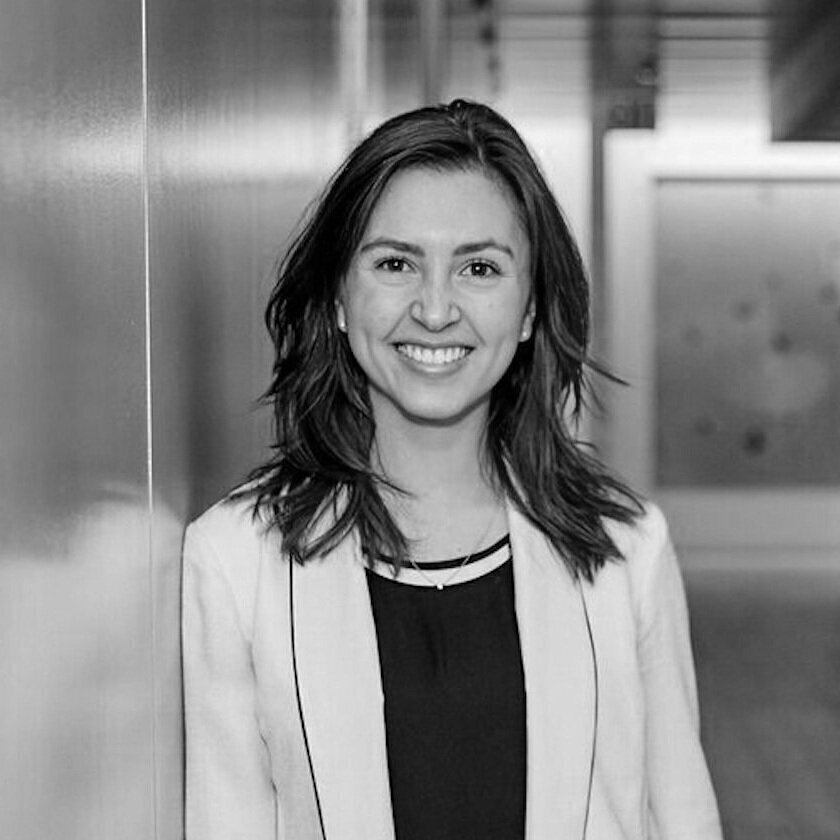Where It Began
Meet the co-founding Listener Poets who helped shape the early visions of The Good Listening Project and bring it to life. Beginning in 2018 in hospitals and healing centers around Washington, D.C., these Listener Poets responded to an urgent need in their community: for healthcare professionals and patients to feel seen, heard, and understood.
Through the simple but profound act of listening deeply and reflecting back in poetry, they created meaningful connections – offering care in a new form by listening to and writing poems for those working in or receiving care within the healthcare system.
A Conversation with the Co-Founders
We talked with Frankie Abralind and Kay McKean, the co-founders of The Good Listening Project, about how it all began — what inspired the first Listener Poet sessions, and what they saw in those early days that made them realize how needed this work was.
How did The Good Listening Project begin?
Frankie:
The year before the project began, I brought a folding table, two chairs, and two typewriters to Burning Man. I invited people to sit, talk, and have a poem written for them. That’s where I met Beck, who immediately got it. Beck came back every day that week to hold space and write poems.
I invited Beck to intern with me for the summer of 2018. That experience showed me this wasn’t just something I could do — it was something that could be taught, shared, and expanded. At the end of that summer, I returned to Burning Man and met Kay. We instantly recognized in each other a shared understanding of what this work could become.
Kay’s background as an executive coach — her deep belief in compassionate, human-centered management — gave us the grounding we needed to grow thoughtfully. Her support gave me the confidence to commit fully to building what would become The Good Listening Project.
Kay:
I’ve always been intrigued by the human experience of healthcare. I studied healthcare administration in college, but was less interested in the technology side and more in how people feel in those environments — what helps them heal. When I experienced what happens in a Listener Poet session, I was struck by the feeling it created: the ability to speak and be heard without any agenda.
Frankie had found a way to create a form around a feeling — a structure that made this kind of listening accessible. From our earliest conversations, we talked about how to bring this into organizations, because we could see how it transformed the way people feel at work and, ultimately, how systems succeed.
When I first set up as a Listener Poet at Memorial Sloan Kettering in the fall of 2018, I was moved by the sacredness of being in that space. There’s an honor in listening to people share their stories in those environments. That sense of sanctity has always been at the root of our work — doing it well, and doing it right for everyone involved.
When did you realize this work was truly needed?
Frankie:
When I first began writing poems for people in public spaces like the D.C. National Mall and Burning Man — inspired by the typewriter poets of New Orleans — I thought the gift I was offering was the poem. But with each conversation, I realized that the real gift was the listening.
One weekend I invited Dr. Yin, who was in medical school at Cornell, to come write with me. At the time, I was working as a designer at a hospital, and he was interning there. He came back to work that Monday and couldn’t stop talking about it. My boss — who knew me as a designer but had never heard about my “Listener Poet” hobby — asked, “Why aren’t you doing this at the hospital?”
So I set up in the lobby at Johns Hopkins Sibley Memorial Hospital. More than half the people who came to talk were staff. They were nurses, physicians, administrative staff saying, “I could really use this.”
A nurse practitioner then asked if I’d present at a nursing conference. That was a clear moment — realizing the need wasn’t only with patients, and there was a very clear need for staff to be heard, too.
Kay:
Even then, there was already a growing awareness in healthcare about burnout and compassion fatigue. People knew it was a problem but didn’t always know what to do about it. Frankie and I both saw that this work — listening, reflection, connection — could actually address the root of that. The challenge was helping organizations realize this was foundational work.
There’s a philosophy that I love, from Danny Meyer’s Setting the Table, which says that the experience of the guest starts with the experience of the employee. The same is true in healthcare. When staff feel seen and valued, it directly impacts the care patients receive.
Since COVID, this idea has become even more clear and urgent. But from the very beginning, we knew that creating space for people to express themselves — without fixing, diagnosing, or judging — was powerful medicine.
Looking Back
From two typewriters in the desert to hospitals across the country, The Good Listening Project grew out of a shared belief that poetry and listening can help people feel human again — especially in the most demanding and complex places.
As Kay and Frankie reflect on those first conversations and the spaces they held, one theme remains constant: this work has always been about honoring the truth of human experience — and building systems that make room for it.


